Introduction
Who is Hanuman, the mighty monkey god, is one of Hinduism’s most beloved deities. Revered for his unwavering devotion to Lord Rama, his incredible strength, and his selfless service, Hanuman symbolizes courage, loyalty, and divine power. In this article, we explore:
✔ Hanuman’s divine origins and significance in Hinduism
✔ The fascinating story of his birth and parentage
✔ The mystery surrounding Hanuman’s son
✔ Deities considered more powerful than Hanuman
✔ Why millions worship Hanuman today
Let’s begin our journey into the life of this extraordinary deity!
Who is Hanuman? Divine warrior
Hanuman’s role in Hindu tradition
Hanuman is not just another God in the Hindu Panthaian – he is a chirpi (being immortal) who continues to bless the devotees till date. He represents:
- Unbreakable Bhakti (Bhakti) – Set gold standard for his loyal devotion to Lord Rama
- Supernatural power – he can lift the mountains, jump the oceans, and defeat the entire armies
- Divine Knowledge – Despite his monkey form, he is a master of scriptures and spiritual knowledge
Why millions of people worship Hanuman today
Modern devotees turn for Hanuman:
✅ Protection from evil – he is known as “Sankat Mochan” (remove troubles)
✅ Success in efforts – Students pray to him before the exam, professional for development of career
✅ Courage to face challenges – their stories motivate people to remove obstacles
✅ Physical and mental strength – Many people believe that regular worship improves health
Expore More @ Hanuman Chalisa PDF
Hanuman’s Mightiest Deeds in the Ramayana
The epic Ramayana shows the incredible powers of Hanuman:
- Find Sita in Lanka after jumping into the ocean
- Burning Golden City with your vivid tail
- Carrying an entire mountain (Dronagiri) to save Lakshmana’s life
- Defeat powerful demons like Ahiravan in Netherworld
His devotion was so pure that Lord Rama granted him immortality, declaring Hanuman would live as long as Rama’s story was told.
Who is The Father Of Hanuman ?
Hanuman’s birth story is extraordinary, including both mortal and divine parents:
Worldly Father: Raja Kesari
Kesari was a powerful ruler of Vanaras (Bandar tribe). As the worldly father of Hanuman, he passed over his warrior qualities and leadership skills.
Divine Father: Lord Vayu (Pawan Bhagwan)
The Devu of Hawa, Vayu played an important role in Hanuman’s concept by taking the divine energy that makes Hanuman invincible.
This is why Hanuman is called:
- Pawanputra (Son of Hawa)
- Maruti (Son of Hawa)
Miracle of Maa Anjana
Hanuman’s mother, Anjana, was originally a nymph (astronomical nymph) named Punjikasthala. Cursed to live as a monkey, he did deep penance:
- Prayed to Lord Shiva for a child
- Received Shiva’s blessings through Vayu’s intervention
- Gave birth to Hanuman in a cave at sunrise
It explains the supernatural abilities of Hanuman from divine original birth.
Expore More @ Hanuman Aarti
Who Is Hanuman Son ? The Mystery
While Hanuman remained a lifetime Brahmacharya (celibate), a complicated legend mentioned his “son”:
The Birth of Makardhwaja
After burning Lanka, Hanuman cooled his tail into the sea. A drop of her sweat:
- A fish (or crocodile) was swallowed
- Miraculously imagined
- Boy grew up for the guard of the underworld
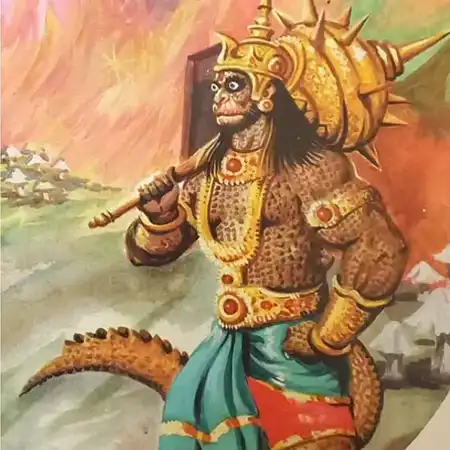
Their dramatic reunion
When Hanuman later visited Patala to save Ram and Lakshmana:
- Makardhwaja initially fights with him
- After clarification, Hanuman was recognized as his father
- Became underworld gatekeepers
Important Note: Most of the scriptures do not mention Hanuman’s children. This story appears in some regional editions of Ramayana.
Expore More @ Sunderkand PDF in Hind – सम्पूर्ण सुंदरकांड पाठ
Who is more powerful than Hanuman?
While Hanuman ranks among the most powerful beings of Hinduism, some gods have crossed it:
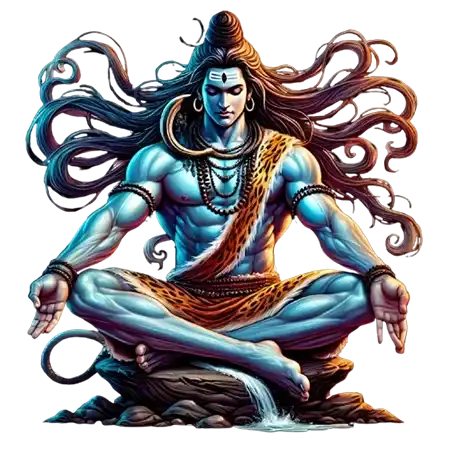
Lord Shiva (his original source)
- Hanuman is considered an incarnation of Shiva
- Shiva represents the ultimate cosmic power
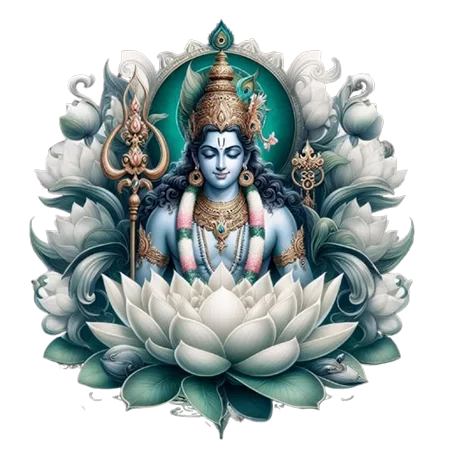
Lord Ram/Vishnu
- Hanuman himself worshiped Rama the supreme
- As an incarnation of Vishnu, Rama represents divine protection
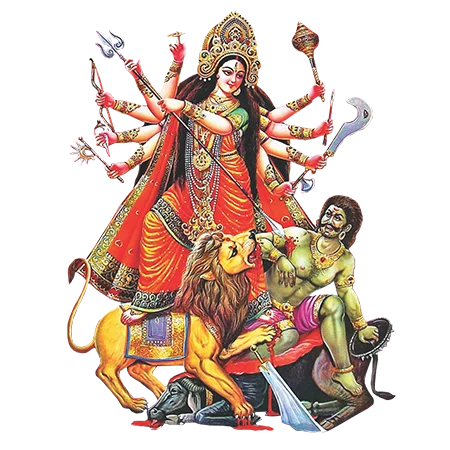
Goddess Durga/Kali
- Female divine energy matches her strength
- Black represents the invincible force of time
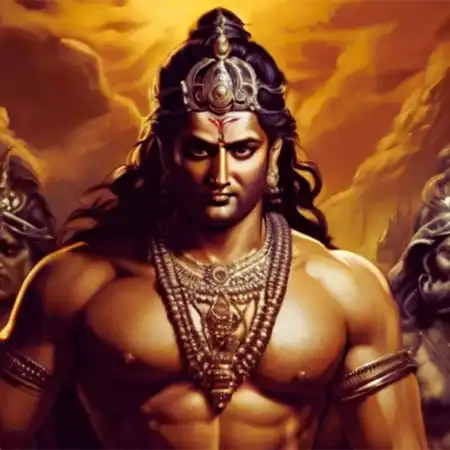
Other Chiranjivis (immortal’s)
- Ashwatthama – immortal warrior with celestial weapons
- Mahabali – liberal demon king who conquered all three worlds
Main insight: Hanuman’s true power comes from his devotion – while serving Rama, he became invincible.
Why do people worship hanuman? Science-Backed Benefits
Transformative profit
Modern devotee report:
- Overcoming Fear: Chanting Hanuman Chalisa reduces anxiety (study suggests that the mantra recurrence decreases).
- Healing: On Tuesday/Saturday, the fasting aligns with a circadian rhythm for detox.
- Success: Their energy increases confidence in challenges (chanting before the student exam).
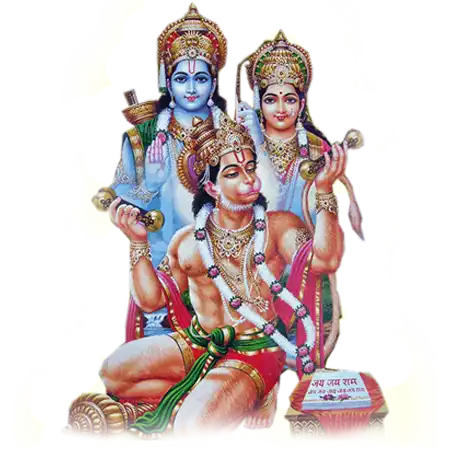
5 life lessons from Hanuman
- Turning weakness into strength: His childhood fear of Sun became his last power (literally exploit the Sun as a weapon!).
- Selfless service is sacred: he did not give any reward – the title “Humble servant of Ram” was enough respect.
- Faith on ego: To remain “devotees of Rama”, rejected the kings of Lanka – a lesson in true humility.
- Adaptability is knowledge: from collosal to microscopic, their shifting forms teach us to develop over time.
- Fath Moves Mountains (literally!): It was not a myth to carry the Sanjeevani mountain – it was the power of unwavering faith.
How to worship Lord Hanuman
- Daily: Chant “Om Han Hanumate Namah” (ॐ हं हनुमते नमः) 11 times.
- Weekly: Fast on Tuesdays (for courage) or Saturdays (for protection).
- Reading: Keep the Hanuman Chalisa at home (recite during tough times).
Expore More @ 12 Powerful Hanuman Chalisa Benefits
Conclusion: Eternal symbol of devotion
Hanuman represents the right balance:
💪 Shakti and 🕊 humility
📚 Knowledge and ❤ Bhakti
While other gods can catch high cosmic positions, Hanuman’s loving presence makes him accessible to all. Their stories inspire millions of people to face the challenges of life with courage and belief.
Start your journey with Hanuman today! Chant just one “Jai Shri Ram” and feel his divine protection.